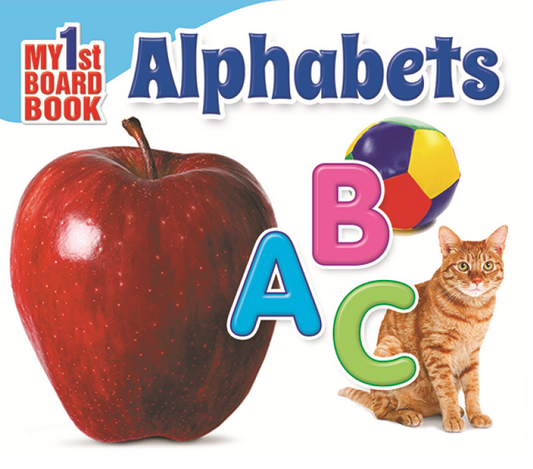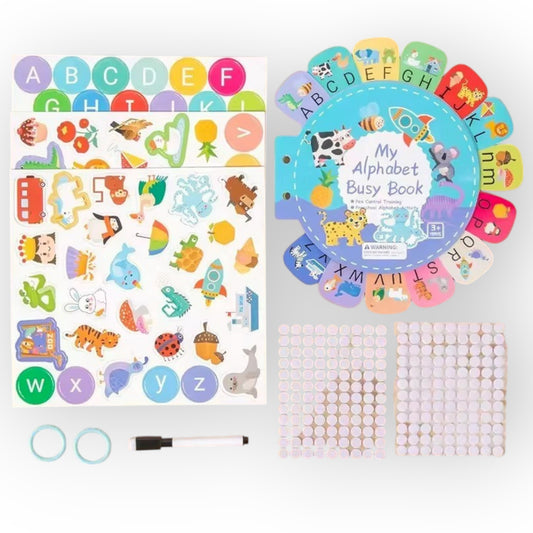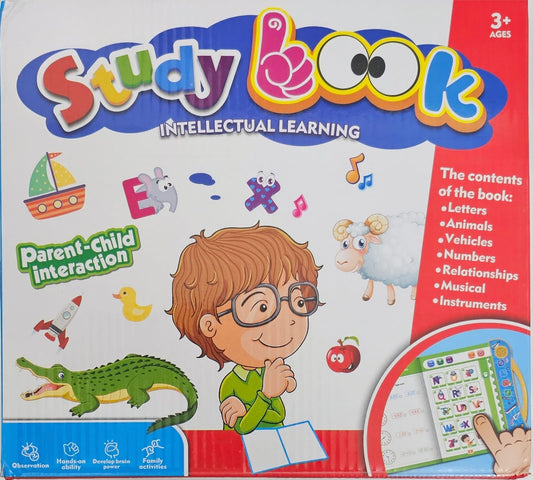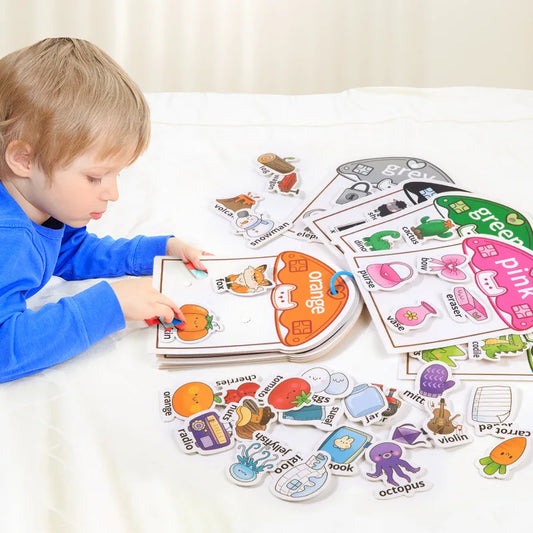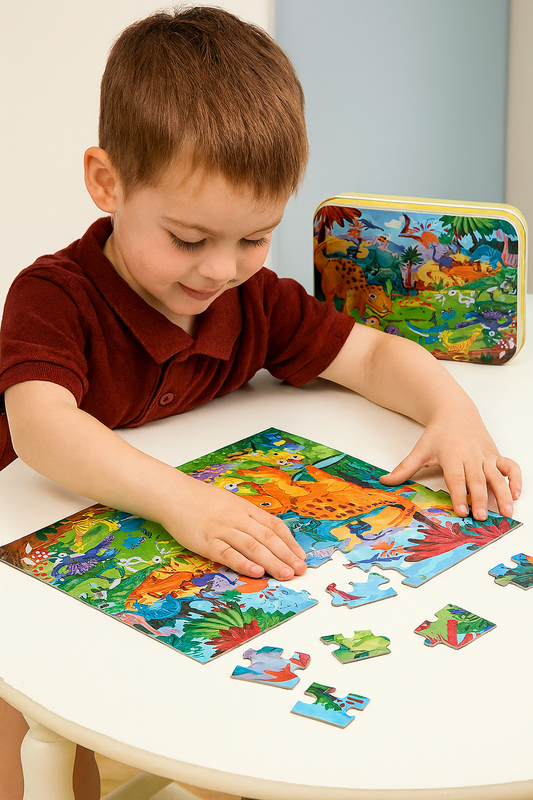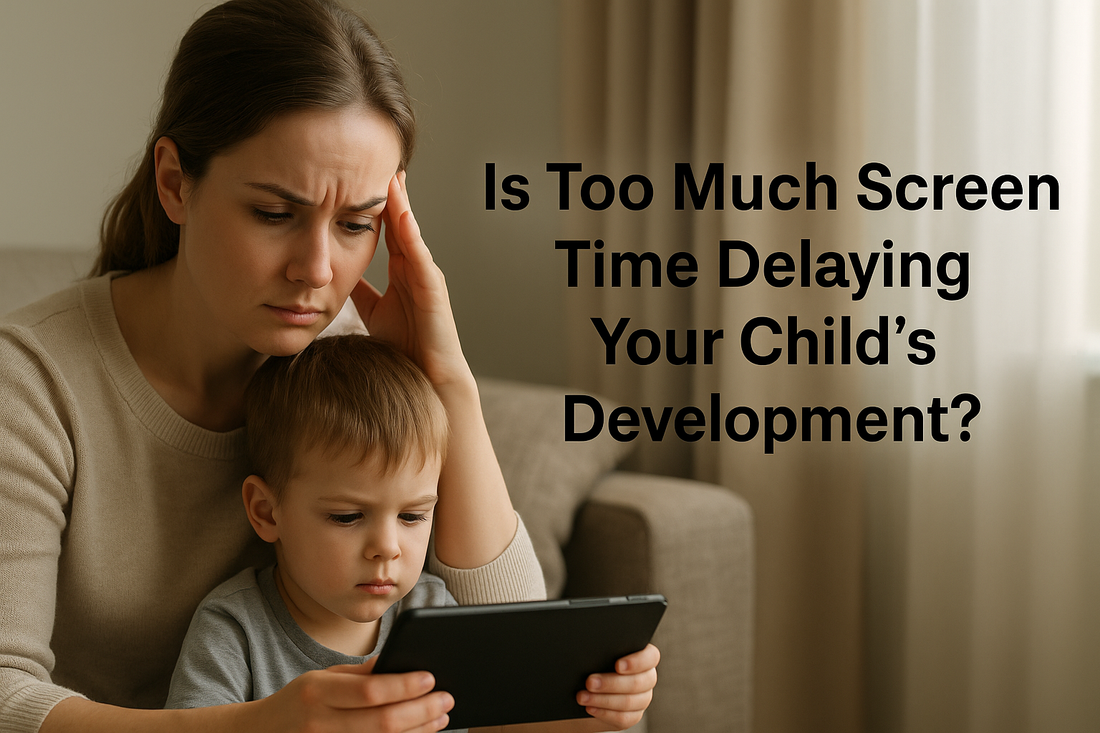Introduction
Most parents know the feeling: they need five quiet minutes to finish dinner, answer a call, or simply take a breath, and the easiest solution is handing over a tablet. In today’s world, it feels almost unavoidable. But while those moments of peace are sometimes necessary, research shows that children under five now spend an average of three to four hours a day in front of screens. Experts warn that this shift may come at the cost of healthy development.
The Problem with Too Much Screen Time
Early childhood is a critical period of brain growth, when children develop language, motor skills, and problem-solving abilities at an astonishing pace. Excessive screen exposure, however, can slow these milestones. Studies link too much screen time to delayed speech, shortened attention spans, and reduced creativity.
Parents often describe a familiar pattern: children become less engaged in pretend play, lose focus more quickly, and show signs of restlessness after long stretches of screen use. While screens are effective at keeping children occupied, they rarely offer the kind of sensory-rich learning experiences that real play provides.
Why Screen-Free Play Matters
Screen-free play, on the other hand, transforms those same quiet moments into opportunities for growth. When children use their hands to build a tower of blocks, flip through a book, or solve a puzzle, they aren’t just entertained, they’re practicing focus, patience, and problem-solving.
Many parents notice a remarkable difference. A child who once sat passively in front of a video suddenly beams with pride after completing a stacking activity. A simple storybook can spark new conversations and vocabulary. Even mealtime can become a chance to learn independence when children practice with toddler-friendly spoons and forks.
The Montessori Approach to Play
Montessori-inspired play is designed around independence, curiosity, and hands-on discovery. The focus is on simple, thoughtfully made toys that invite children to explore at their own pace.
Stacking rings and silicone building blocks encourages balance and coordination. Magnetic tiles introduce early concepts of design and STEM. Busy books turn letters, numbers, and problem-solving into playful challenges. Silicone feeding sets give toddlers the confidence to feed themselves. These toys are not just distractions; they are building blocks for essential life skills.
The Pika Bloom Difference
This philosophy is at the heart of Pika Bloom. The brand was created to provide parents with a safe and thoughtful alternative to screen-heavy play. Every product from Montessori toys and busy books to silicone feeding essentials is carefully curated to support childhood development while bringing peace of mind to parents.
Pika Bloom focuses on more than just filling a playroom with toys. It emphasises quality over quantity, choosing items that inspire growth, creativity, and joyful discovery. With non-toxic materials, modern design, and developmental purpose, each toy is crafted to be a companion in a child’s everyday learning journey.
Conclusion
Cutting down on screen time doesn’t have to feel overwhelming. It can start with something as small as swapping one cartoon for a few minutes with a busy book, or trading the tablet for stacking toys during dinner prep. Over time, these small shifts add up, nurturing stronger focus, imagination, and independence.
When little hands are busy with meaningful play, little minds are growing in ways no screen can replace. Pika Bloom is here to support parents in making that change, with toys and books designed to transform playtime into a foundation for lifelong learning.
